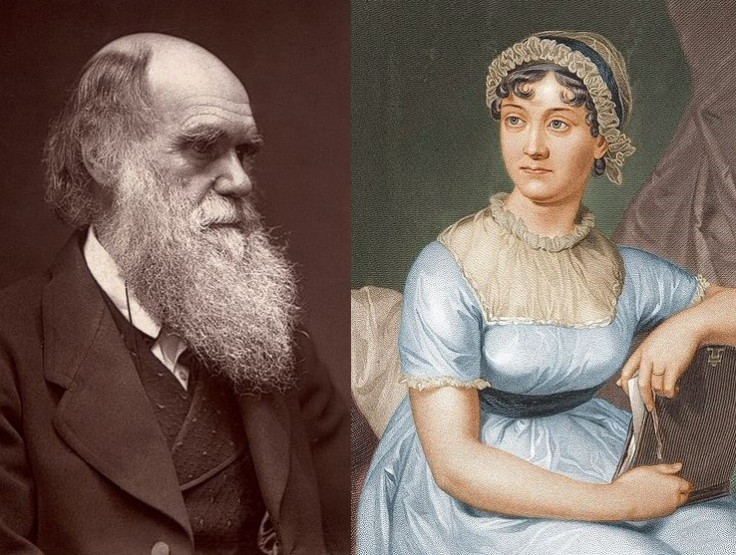Jane Austen Poised to Replace Charles Darwin on £10 Notes

Jane Austen looks set to become the next historical figure to appear on a British bank note, with the author most likely replacing Sir Charles Darwin on the £10 bill.
The Bank of England's outgoing governor, Sir Mervyn King, hinted that Austen will be appearing on bank notes in the near future while addressing the Treasury select committee.
He said Austen, whose works include Pride and Prejudice, Sense and Sensibility and Emma, is "waiting in the wings" for her bank note appearance and will be the front-runner when the notes are changed.
However, he also said he could not confirm her appearance because the final decision will be made by incoming governor Mark Carney, who takes over from King on 1 July.
Darwin, the father of evolution, first appeared on £10 notes in November 2000.
Before Darwin, Charles Dickens appeared on the note - he replaced Florence Nightingale, who appeared on £10 notes between 1975 and 1994.
King said Austen currently appears on an "additional contingency note", but said there are no plans to print this as of yet.
£5 note demeaning
Other than the Queen, the only woman who currently appears on a bank note is the 19<sup>th century prison reformer Elizabeth Fry, who first appeared on the £5 note in 2002.
However, it has been suggested she may be replaced by Winston Churchill in 2015, which provoked a backlash against King.
According to the Guardian, campaigners threatened to take the Bank to court for discrimination over Fry and the £5 under the 2010 Equality Act.
Speaking about Austen, King said: "One thing we are quite determined to avoid is any suggestion that the £5 note can in some sense be reserved for women. That would be demeaning."
A poll by the Guardian found the engineer Isambard Kingdom Brunel, suffragette Emmeline Pankhurst and Margaret Thatcher were the most popular choices to appear on a bank note.
Explaining how the historical figure is picked, the Bank states: "To merit inclusion a character must have made a lasting contribution which is universally recognised and has had enduring benefits."
© Copyright IBTimes 2025. All rights reserved.






















